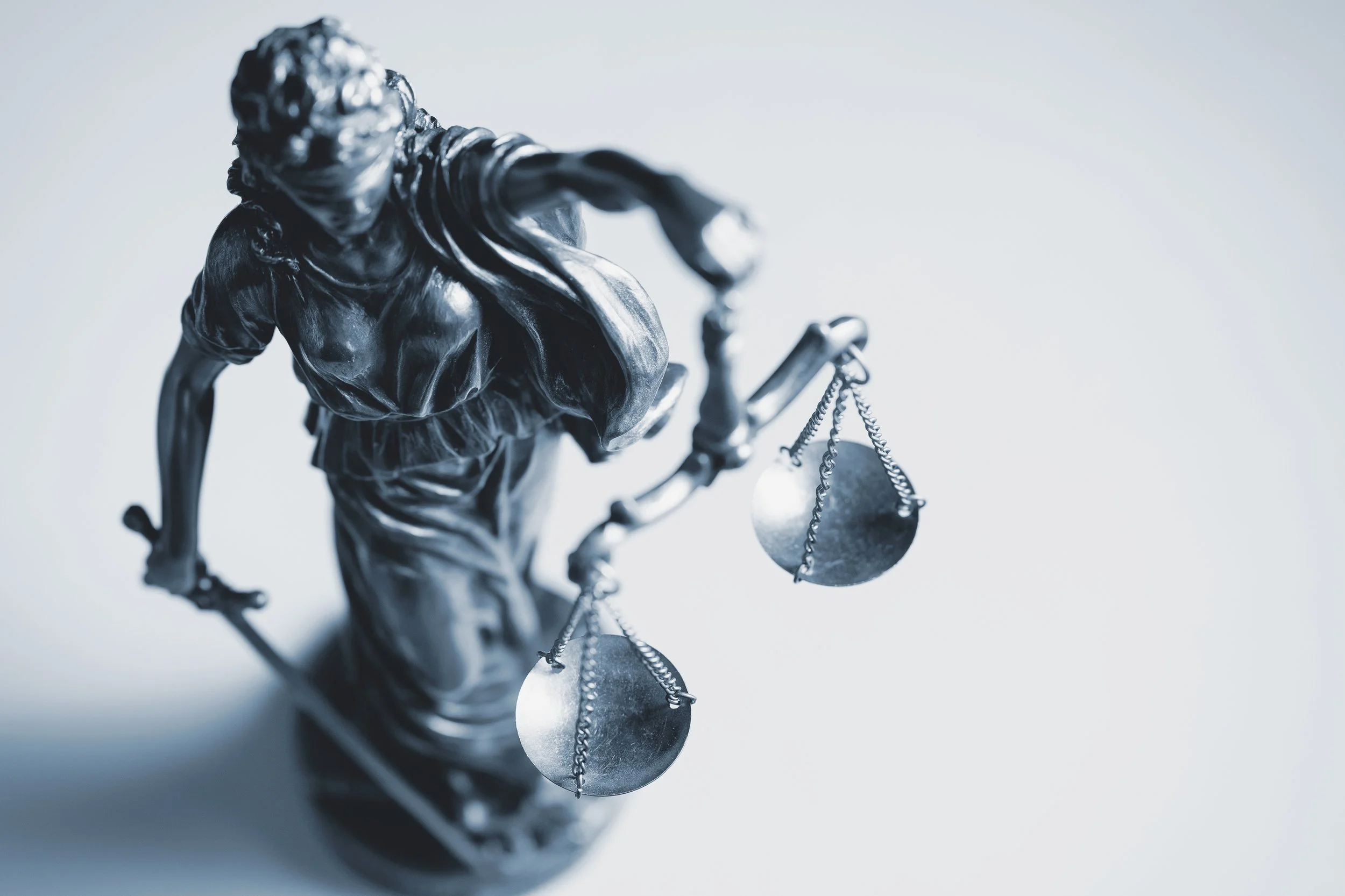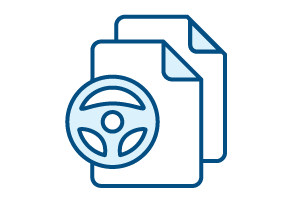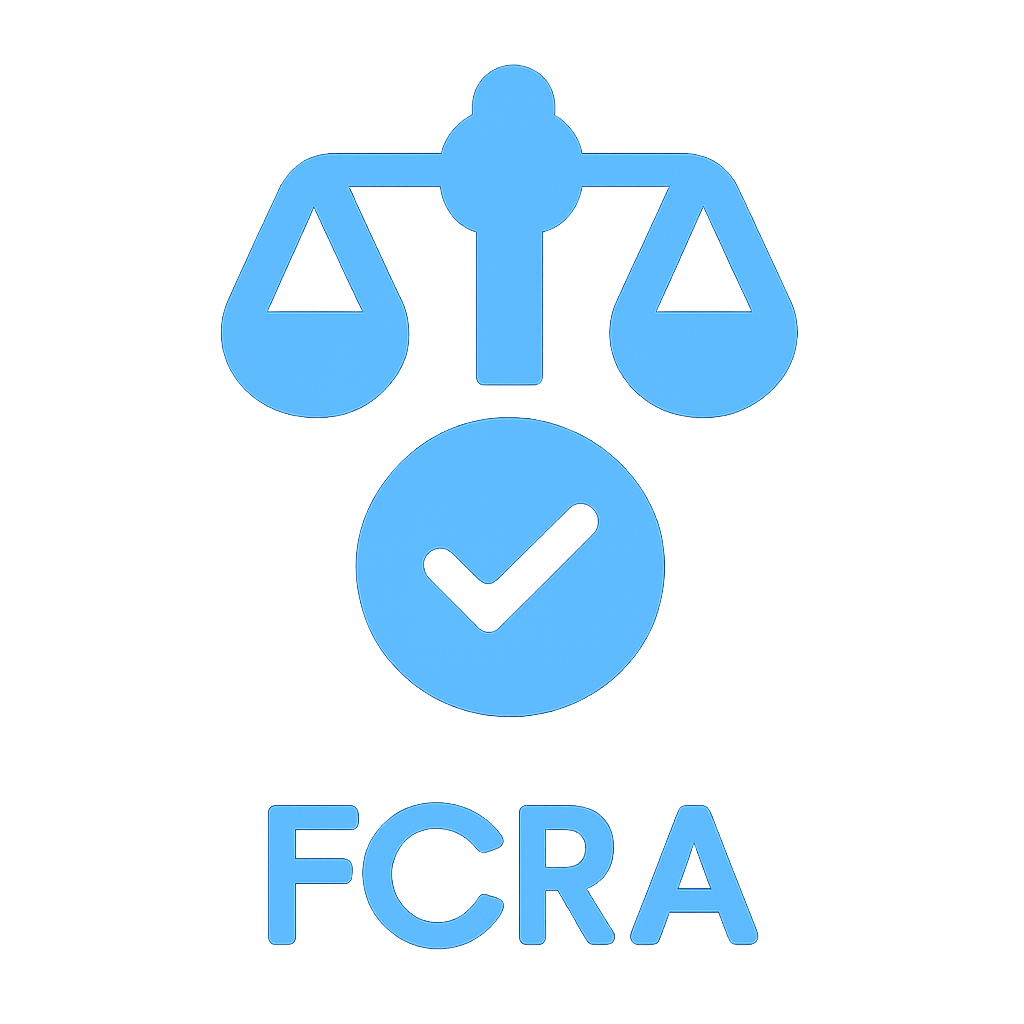Checkr Lawsuit and FCRA Regulations: What You Need to Know
A Checkr lawsuit is a formal legal process initiated in federal court to hold the company accountable for violations of the Fair Credit Reporting Act (FCRA). When an inaccurate report from Checkr costs you a job or financial opportunity, this legal action becomes a powerful way to not only correct the record but also seek compensation for the harm you've endured.
A lawsuit is distinct from a simple dispute; it is about recovering damages, enforcing your legal rights, and sending a clear message that consumer reporting agencies must comply with federal law. Navigating the process can be complex, but with the right legal guidance, a Checkr lawsuit can provide the justice and financial recovery you deserve.
Common Reasons Behind Checkr Lawsuits
Filing a Checkr lawsuit is not a step to be taken lightly, but it becomes necessary when specific violations of your consumer rights have occurred. The most frequent reasons for a lawsuit stem from a background check company's failure to adhere to the strict standards of the FCRA.
Inaccurate Reporting of Criminal Records.
One of the main drivers of Checkr lawsuits is the inaccurate reporting of criminal history. Plaintiffs often claim that Checkr failed to remove records that were legally dismissed, sealed, or expunged, causing wrongful employment denials.
Inadequate Dispute Investigations
Under the FCRA, Checkr must conduct a reasonable investigation of any dispute. Several lawsuits argue that Checkr’s investigations are cursory or automated, failing to correct errors within the required 30-day timeframe.
Mixed or Merged Files
Checkr lawsuits also frequently address cases where individuals are linked incorrectly to someone else’s records. These mixed files can include criminal convictions or driving violations that are not theirs, causing unjust harm.
Common Claims Against Checkr Under the FCRA
When you sue Checkr, the claims are usually based on two key sections of the FCRA. The first is Section 1681e(b), which requires Checkr to use "reasonable procedures to assure maximum possible accuracy" in its reports. A violation of this section occurs when Checkr includes outdated, expunged, or incorrect criminal records that they should have easily verified.
The second is Section 1681i, which mandates that Checkr properly reinvestigate any disputed information. If you file a dispute and Checkr ignores it, fails to correct the error, or simply confirms the inaccurate information without a proper investigation, they may have violated this section.
Your attorney will build a case by gathering evidence and demonstrating how Checkr's actions or inactions directly violated these legal duties, causing you harm.
The Process of Filing a Checkr Lawsuit
The journey to filing a Checkr lawsuit typically begins after an adverse action, such as a job offer being rescinded. The first step is to consult with an FCRA attorney who can review your background report and the circumstances of your denial. They will help you determine if you have a valid claim. In most cases, you must first file a formal dispute with Checkr and wait for them to conduct a reinvestigation. If they fail to correct the error within 30 days, or if they handle your dispute improperly, your attorney can then proceed with filing a legal complaint in federal court. Your background check lawyer handles all the legal filings, discovery, and negotiations with Checkr's legal team, guiding you through every step until a settlement is reached or the case goes to trial.
What Consumers Should Know About Checkr Lawsuits and FCRA Rights
If you suspect a Checkr lawsuit could relate to your experience or if you’ve been harmed by inaccurate reports, it’s vital to understand your rights:
You have the right to obtain a free copy of your Checkr report.
You can dispute any errors you find, and Checkr must investigate.
You should receive an adverse action notice if you’re denied a job or opportunity based on your report.
You can seek legal recourse through a lawsuit if Checkr violates the FCRA.
If you've been harmed by a Checkr background check error, you may be eligible to file a lawsuit against Checkr to seek both correction and compensation.
Request Your Report: Review your consumer report carefully for inaccuracies.
Dispute Errors: Submit a detailed dispute to Checkr with supporting evidence.
Keep Records: Document all communications and responses.
Consult an Attorney: A lawyer experienced in FCRA cases can advise on whether you should join existing class actions or file an individual claim.
Is there an error on your Checkr background check? Contact us!
Commonly Asked Questions About Checkr Lawsuits
How long does a Checkr lawsuit take?
The duration of a Checkr lawsuit can vary significantly depending on several factors. The timeline typically starts after the 30-day dispute process has concluded. Most cases are resolved through a settlement, which can happen anywhere from a few months to a year after the lawsuit is filed. If a settlement cannot be reached, the case may proceed to litigation, which can extend the process. A full trial is less common but can take a year or more.
The specific facts of your case, the complexity of the errors on your report, and Checkr's willingness to negotiate can all influence the timeline. An experienced FCRA attorney can provide a more specific estimate after reviewing your individual circumstances.
Can I Sue Checkr Without a Lawyer?
While it is technically possible to file a lawsuit against Checkr on your own, it is highly discouraged. A Checkr lawsuit is filed in federal court, which involves complex legal procedures, filings, and court rules. Without a deep understanding of the FCRA, it is very difficult to build a strong, winnable case.
A misstep in the legal process or an incorrect filing could lead to your case being dismissed. A qualified background check attorney understands the law inside and out, knows how to negotiate with corporate legal teams, and has the experience to handle all aspects of the litigation. Hiring a lawyer not only maximizes your chances of success but also ensures you receive the highest possible compensation for the damages you have suffered.
Can I get a Checkr lawsuit settlement?
Yes, a large majority of Checkr lawsuit cases are resolved through a settlement rather than going to trial. A settlement is an agreement between you and Checkr to resolve the case outside of court. It typically involves Checkr paying a sum of money to compensate you for damages, and in exchange, you agree to drop the lawsuit. Settlement amounts vary widely based on the severity of the error, the harm caused to you (such as lost wages), and whether Checkr's violation was deemed willful. Your attorney will handle all settlement negotiations to ensure you receive a fair and just outcome. A settlement is often the most efficient and least stressful way to resolve your case.
What types of compensation can I get from a Checkr lawsuit?
When you win a Checkr lawsuit, you can receive several types of financial compensation for the harm caused by an inaccurate report. You are entitled to be compensated for any lost wages, which includes the salary from the job you were denied as a direct result of Checkr's error.
The law also allows for statutory damages of up to $1,000 for each FCRA violation, which can be awarded even if you cannot prove a specific financial loss. In cases where the violation was particularly severe or willful, a court may award punitive damages to punish the company. Finally, the FCRA is a fee-shifting statute, meaning Checkr is legally responsible for paying all of your attorney’s fees and court costs, which ensures you do not have to pay anything out of pocket.
Have You Been Affected By a Background Check Error?
Contact Us - Our Legal Support Is Free!














